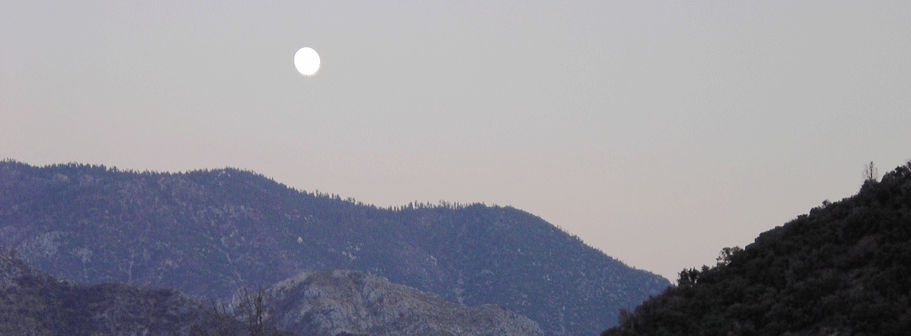Campground Rules
Principles of ‘Leave No Trace’
Help maintain the health of the land by practicing outdoor ethics to prevent and minimize your impacts and preserve our land for future generations.
- Plan ahead and prepare
- Travel and camp on durable surfaces
- Dispose of waste properly
- Leave what you find
- Minimize campfire impacts
- Respect wildlife
- Be considerate of other visitors
For more information visit: www.lnt.org
Campfires
Campfire permits are required in most areas. Obey fire restrictions. Build campfires away from low-hanging branches and in an area clear of vegetation. Never leave your fire unattended. Be sure your fire is completely extinguished and out cold before leaving. Consider using a camp stove as an alternative to campfires. Campfires and stoves may be restricted or banned. Check with your local ranger district office for current conditions and restrictions. Permits can be obtained online at www.fs.usda.gov/sequoia or from any forest office.
Campgrounds
When you head out to the forest, you’ll find more than 50 campgrounds available for your enjoyment— either by reservation or on a first-come, first-served basis. Amenities and fees vary by campground and are noted in the table on the following pages. Many (but not all) are open by Memorial Day weekend.
Campground Locations
Campground locations range in elevation from 1,000 feet to 7,800 feet above sea level. Please refer to the map on pages 10 and 11 for campground locations. The numbers on the map correspond to the numbers listed in the table on pages 16 and 17.
Amenities
Amenities typically include toilets (usually vault toilets), picnic tables, and a fire ring or grate. Some campgrounds may include water, flush toilets, and showers. Electric and sewer hookups are not available. Firewood is available for a fee at some campgrounds.
Make Sure You Fit
A single site may hold up to 6 people. RVs, trailers, or other vehicles must fit on the parking spur. The campground table (pages 16 and 17) shows the length limit for some campgrounds.
Please Be Considerate
Quiet hours are from 10 p.m. to 6 a.m. This includes generators. Dogs are welcome in campgrounds, but must be on a leash. Operating dirt bikes, ATVs, and other non- street legal vehicles in most campgrounds is prohibited. Some campgrounds do not have trash service, so pack out what you pack in.
Season Dates and Stay Limit
In general, campgrounds are open mid or late May through the end of September or October, depending on weather and snow conditions. Some close later in the fall, and some are open year-round. The stay limit is 14 days.
Fees
Fees vary between campgrounds, depending on the location and amenities provided. The camping fee for a single site includes entry for one vehicle and one legally towed vehicle with a maximum of two vehicles per single site and four vehicles per double site. A fee for additional vehicles is charged. Double sites and group sites have higher fees. Some campgrounds are free.
Reservation Tips
Some campsites and all cabins may be reserved six months in advance. Group sites can be reserved 360 days in advance. Call the National Recreation Reservation Service toll free at 1-877-444-6777, or reserve online at www.recreation.gov. Reservations must be made at least four days in advance. Non-refundable reservation fees are charged.
Group Sites
Be respectful of other campers. Large groups should reserve a group campsite instead of multiple sites at a regular campground. Group campgrounds accommodate groups of 12 people up to 150 people, depending on the site.


